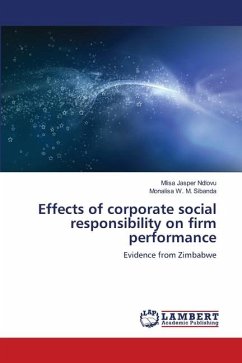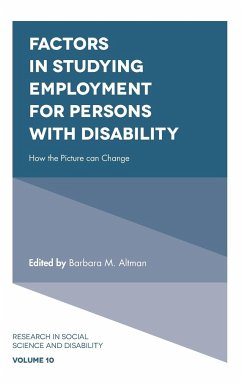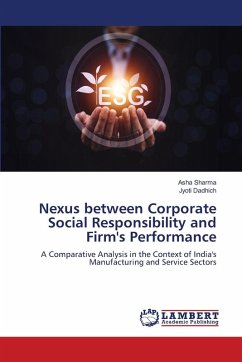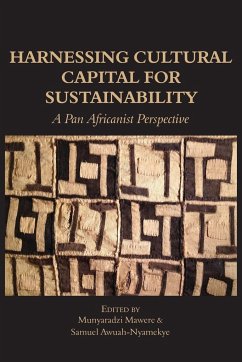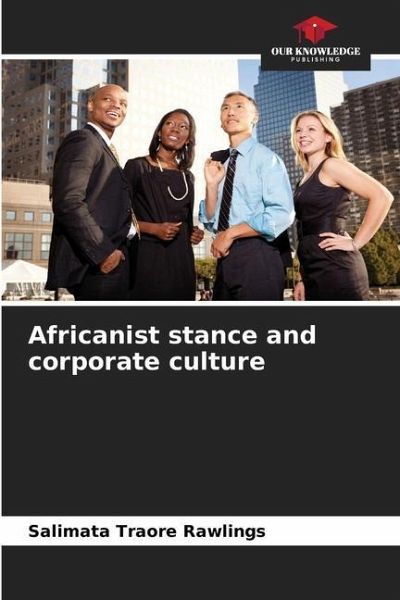
Africanist stance and corporate culture
Versandkostenfrei!
Versandfertig in 6-10 Tagen
27,99 €
inkl. MwSt.

PAYBACK Punkte
14 °P sammeln!
Corporate culture seems an outdated notion to those who see it only as invariable from one institution to another. However, despite its homeostatic nature, it is a unique symbol in each firm, bringing together values, norms, representations and identities, the cohesion of which activates the patterns of productivity. On the other hand, multinationals pose the thorny problem of harmonising codes, representations and identities. It is difficult to establish a common language, especially when different cultures are involved. With the advent of mergers and acquisitions, some human resources depart...
Corporate culture seems an outdated notion to those who see it only as invariable from one institution to another. However, despite its homeostatic nature, it is a unique symbol in each firm, bringing together values, norms, representations and identities, the cohesion of which activates the patterns of productivity. On the other hand, multinationals pose the thorny problem of harmonising codes, representations and identities. It is difficult to establish a common language, especially when different cultures are involved. With the advent of mergers and acquisitions, some human resources departments, gnawed by the uncertainty of multinationals, are experiencing unbearable stress, leading to early retirement without a cultural lifeline to emancipate the precarious in a world of heightened competitiveness. But the dialectical position of the paradox resolved in the dual concept of 'work and distraction' is part of the adoption of a humanist philosophy, favouring quality of life at work.






